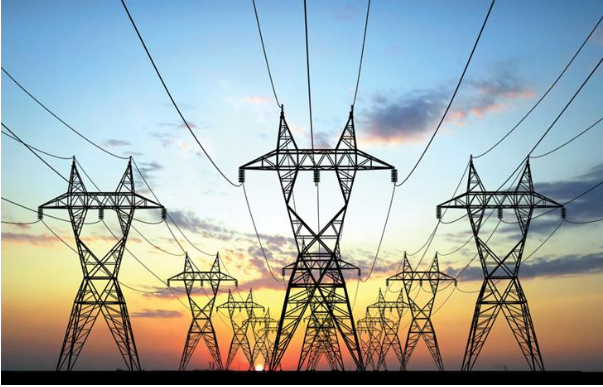The Nigerian Electricity Grid
Have you ever found a knot so difficult to untangle?
Do you remember buying groundnut and finding the nylon tough to open?
Nigeria’s government- past and present, as well as its foreign sympathizers, have found our electricity supply industry extremely hard to unravel. The World Bank’s vice-president for Africa, was here sometime last week and our Minister of Finance was begging for more monetary intervention in the electricity industry.
The money lender is already involved in providing a partial guarantee for the supply of gas to the 520 mw Calabar NIPP- one of those power plants built by the famous $16 billion President Buhari moaned about recently. Through its financial partners, the bank is funding the Azzura power station in Edo state- the first post privatisation plant. Its first of three 450 mw phases came on-stream this year. The International Financial Corporation (IFC) a World bank subsidiary, has a finger roasting in the political furore over Aba IPP. This 141 mw power plant is one of the most well planned electricity generation projects in the country.
It is not only the World Bank that has joined the scramble to try and un-loop the many chords that have bonded us in long hours of darkness. There are civil society interventions, media support and many solar energy solutions as well.
In June, I was fortunate to seat in one of such trainings for journalists interested in covering the energy sector.
Tunji of Solar Centric- a renewable energy firm, was one of the facilitators at the session.
“I had a client who runs a private hospital,” he told the class of wrapped reporters.
She got disconnected from the grid because of crazy bills. We had begun discussing the possibility of using solar. Suddenly, she changed her mind and chose to get back on the grid instead.
This woman had gone as far as getting a new transformer then the disco guys told her to pay over N200,000 in bills before they could re-connect her and give her a prepaid meter.”
We do not know what scared Tunji’s customer away; but like her, we choke from the stranglehold the centrally controlled grid of wires, cables, transformers and poles have on us. If you have the means to pay a premium on your comfort- no noise from generators, no trying to plan your schedule on the unpredictable supply of power from your energy provider here’s what you might expect;
Like Solar Centric, Solynta is one of those firm’s that believe you can live a stress free life off the shaky grid and here’s their estimate of what it would cost you on their plan:
- Studio/1-bedroom house: 10k to 15k per month OR 400k outright payment
- 2-Bedroom house: 700k to 1.5 Million (42k to 62k/month)
- 3-Bedroom house: 1.5 Million to 2.9 Million (59k to 87k/month)
- etc
There are payment plans available for the more expensive products and mini solar devices that is well within reach for most Nigerians.
A personal survey done by a friend says people spend between N6,000 to N40,000 to purchase petrol monthly.
For me, who is still a faithful grid dweller, I spend between N2,000 and N4,000 for five to twelve hours of power monthly.
So, what’s your choice?
Where does your pocket stand?
Written by Kocambel


